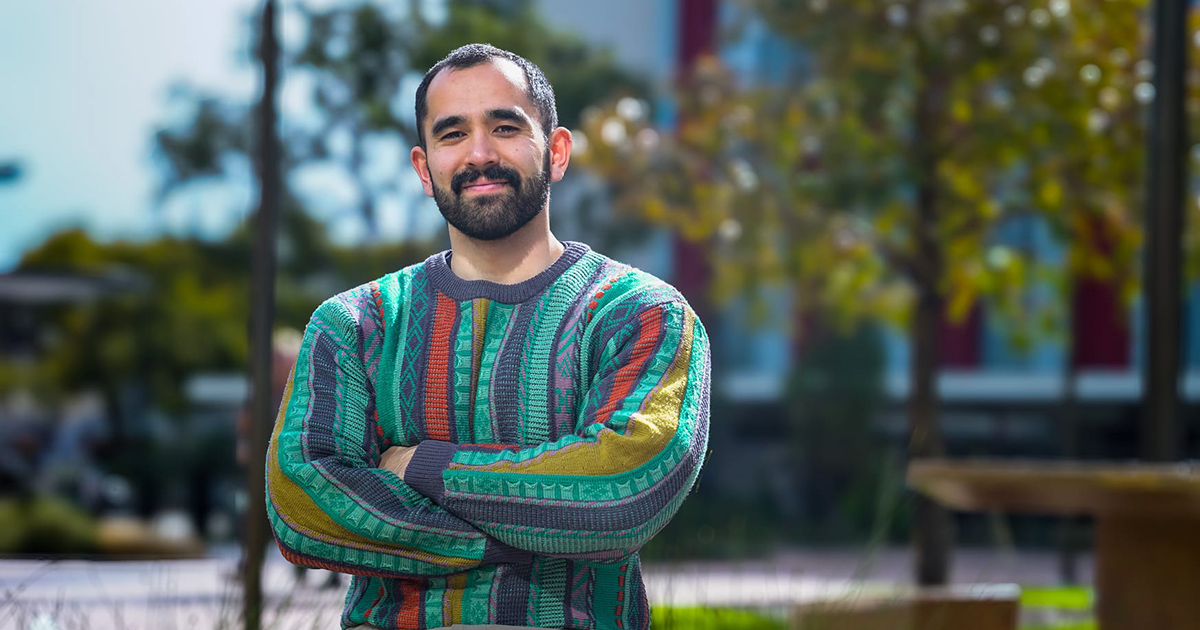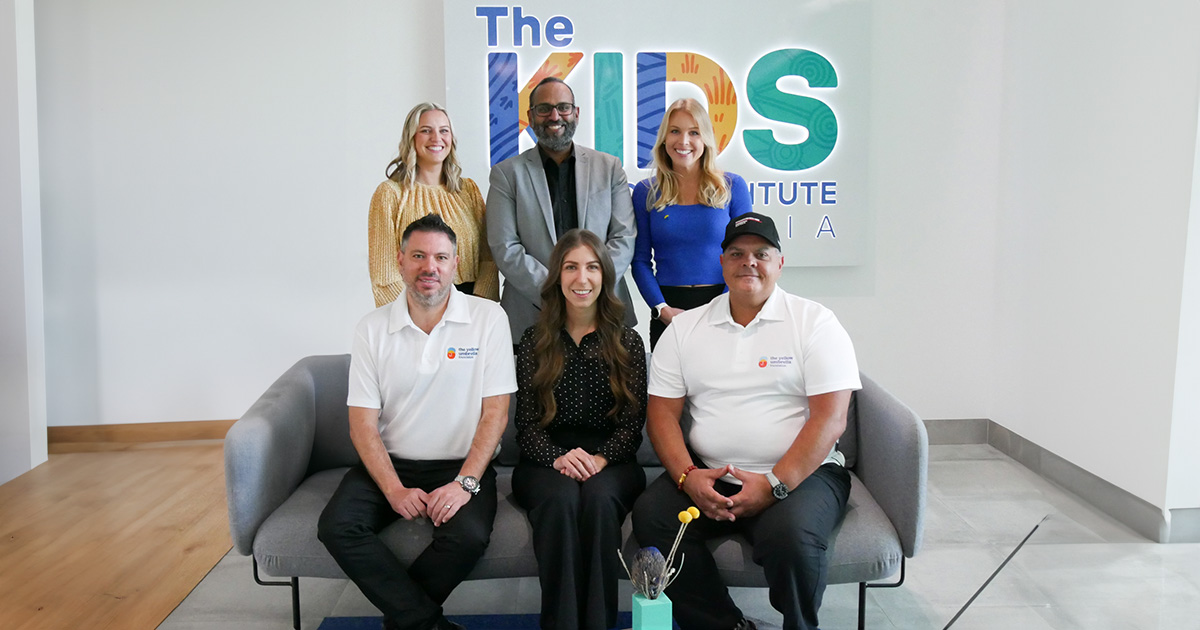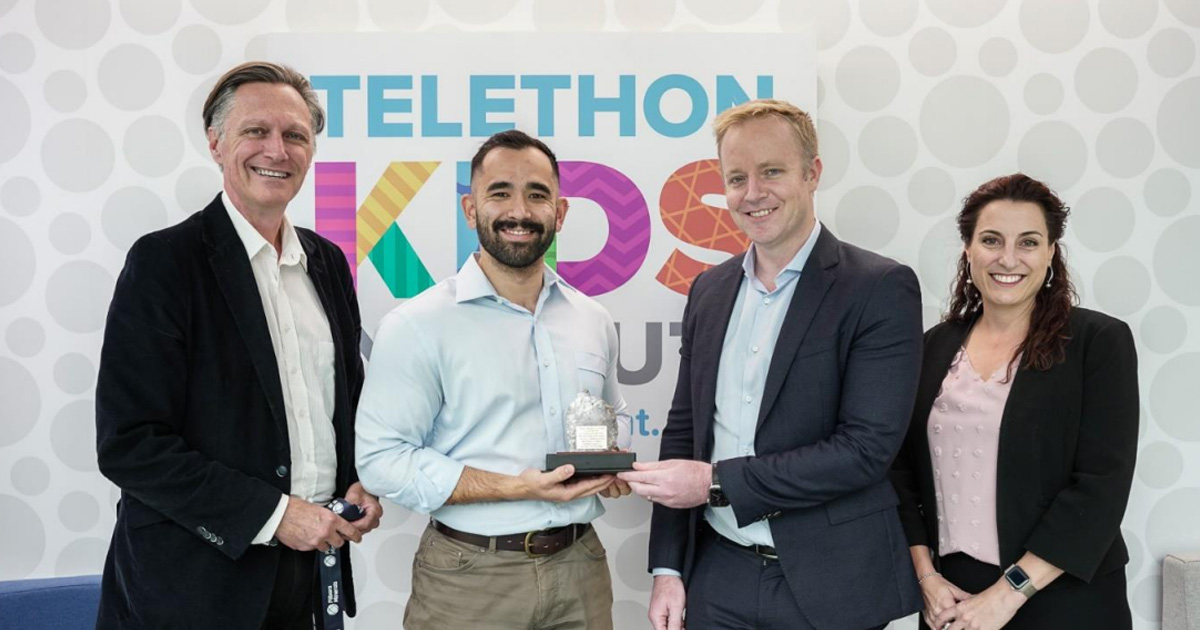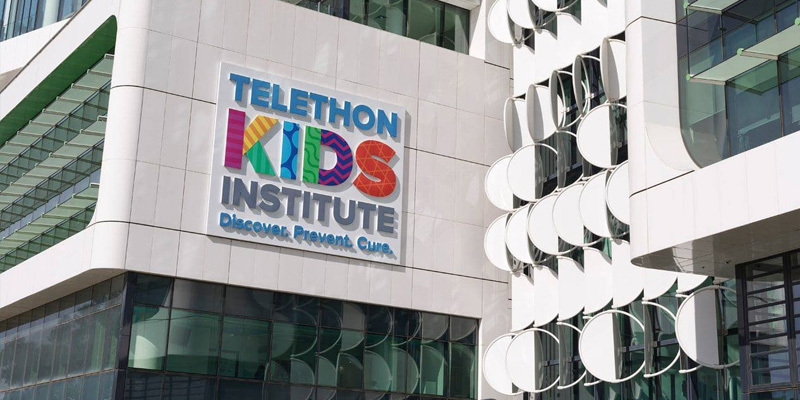Search
Research
The Truth Of Our Stories: A mixed method evaluation of Elder and community-led cultural training for out-of-home care agency workers and non-Indigenous foster carers in AustraliaGlobally, Indigenous peoples have incurred significant harm due to colonisation of their lands. Dispossession of culture, language, family and land, and the historical, systematic removal of children in Australia (the ‘Stolen Generation’), has resulted in evident ongoing negative outcomes in the contemporary lives of Aboriginal and Torres Strait Islander people.
Research
#TransTok: a digital ethnographic study using content analysis to investigate transgender and gender diverse ‘for you page’ content on TikTok that may affect mental healthTransgender and gender diverse (“trans”) people are more likely to experience adverse mental health outcomes due to the social adversities that are commonly experienced. One ameliorating factor for poor mental health outcomes can be connection to community, often facilitated in online spaces such as TikTok.
Research
Mental health outcomes for teenage boys and girls following a youth sports development program including a mental health programYouth sports programs provide an opportunity to embed mental health and wellbeing programs to reach young people with mental health support. The aims of this study were to (a) examine mental health outcomes from a youth sports program including a mental health program (Life-Fit-Learning) in adolescent boys and girls, and (b) among the larger cohort of adolescent boys, to examine whether partial or full completion of Life-Fit-Learning yielded different outcomes for boys within healthy and high-risk ranges for anxiety, depression and behavioral concerns.
Research
Experiences of exercise services for individuals with severe mental illness: A qualitative approachRegular exercise can be beneficial for people living with a severe mental illness. By better understanding the perspectives and challenges of adults with severe mental illness who are engaged in exercise, we can enhance the design and implementation of exercise programs to better support their mental health and recovery.

News & Events
Three-year Fellowship to support regional NICU dadsDr Vincent Mancini, a Senior Research Fellow at The Kids Research Institute Australia, has been awarded a prestigious three-year Fellowship to develop and implement an intervention to support the welfare of regional WA fathers and families in the neonatal intensive care unit (NICU).

News & Events
Researcher receives crucial funding for caregiver support initiativeThe Kids Research Institute Australia is deeply grateful to The Yellow Umbrella Foundation for their generous gift of $38,453 to help fund a new mental health initiative for parents and caregivers of children living with intellectual disability.

News & Events
World-class mental health researcher to join The Kids Research Institute AustraliaThe Kids Research Institute Australia warmly welcomes youth mental health researcher Associate Professor Kathryn Modecki.

News & Events
Pilbara Minerals supports the mental health of FIFO familiesAn innovative and impactful three-year research partnership between Pilbara Minerals and The Kids Research Institute Australia has been established to support the mental health and wellbeing of fly-in fly-out (FIFO) workers and their families.

News & Events
Mental health champion a ‘brilliant woman’Congratulations to Head of Youth Mental Health at The Kids Research Institute Australia, Dr Yael Perry, who has received a Telstra Health 2023 Brilliant Women in Digital Health Award in recognition of her innovative use of technology to achieve positive mental health outcomes for marginalised young people.

News & Events
Healthway supports innovative mental health, physical activity research at The KidsThe Kids Research Institute Australia and The University of Western Australia researchers have been awarded more than $1 million in funding from Healthway, for projects to improve the mental health of LGBTQA+ young people, encourage early physical activity in childcare centres and create healthier local environme
